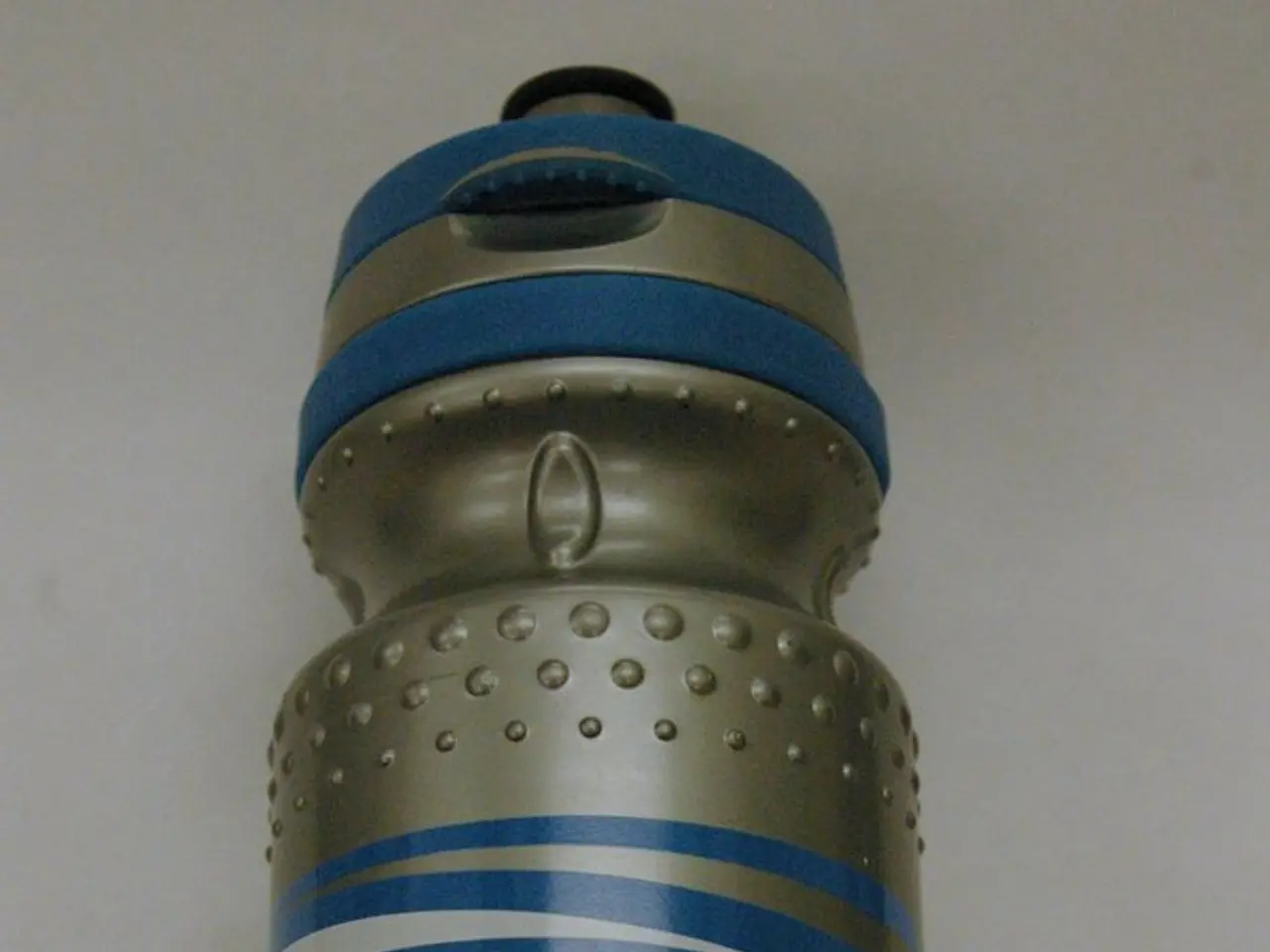Nature's Curative Potential: Toyota's Ambition to Investigate
In a groundbreaking move, Toyota, the renowned automobile manufacturer, is delving into the power of nature as a source of inspiration for their carmaking and their broader goal of producing happiness for all.
The research, spearheaded by Nobuhiko Koga, president of Toyota's research unit, is part of a broader vision that extends beyond mobility. The goal is to draw inspiration from natural principles to enhance vehicle performance, sustainability, and user comfort. This bio-inspired approach influences Toyota's design methods, incorporating aerodynamics, energy efficiency, sustainable materials, organic forms, and natural movement patterns.
As a result, Toyota is developing more efficient, durable, and ergonomically comfortable vehicles. This shift towards nature-inspired design promises a future where vehicles are not just tools for transportation, but extensions of the natural world, harmoniously blending technology and the environment.
Beyond vehicle design, Toyota emphasizes a harmonious relationship between humans and nature. The company aims to create a society where diversity among people and the natural environment is respected and supported. Activities such as environmental education and biodiversity programs at locations like the Forest of Toyota foster awareness of humans as part of the ecosystem, promoting sustainability and well-being.
This philosophy aligns with Toyota's broader corporate vision of achieving a symbiotic society and ultimately enhancing happiness by balancing technological progress with environmental stewardship and social contribution.
In a unique twist, Toyota's research is also investigating the healing and rejuvenating properties of natural "power spots." Yuta Tomikawa, a member of the research team, is currently participating in an experiment on the Kumano Kodo trail in Wakayama Prefecture. The experiment involves observing changes in Tomikawa's body when he relaxes in nature, with a focus on the effects of microorganisms found in forests.
At this stage, it is unclear if natural "power spots" have the ability to heal and fill people with energy. However, the research is not directly related to Toyota's carmaking, but it is contributing to Toyota's goal of producing happiness for all.
Intriguingly, Toyota's production facilities house natural spaces for research purposes, providing an environment for the study of human vitality. The research is part of Toyota's "non-car" research, indicating a broader commitment to understanding and harnessing the power of nature.
As the research unfolds, we can look forward to a future where Toyota's cars are not just efficient and sustainable, but also rooted in a deep understanding and appreciation of the natural world. This approach promises a harmonious blend of technology, nature, and human well-being, all in pursuit of Toyota's goal of producing happiness for all.
[1] Toyota Times News, (2022). Toyota's Research into Nature's Power: Seeking Harmony and Happiness. Retrieved from https://toyotatimes.com/articles/nature-power-research
[3] Toyota Times News, (2022). Toyota's Environmental Education and Biodiversity Programs. Retrieved from https://toyotatimes.com/articles/environmental-education-biodiversity-programs
- Toyota's research on the healing properties of natural "power spots" extends beyond carmaking, delving into the realm of health-and-wellness and environmental-science, as they investigate the effects of microorganisms found in forests on human vitality.
- In keeping with their commitment to sustainability and user comfort, Toyota also explores fitness-and-exercise principles through the design of vehicles that promote ergonomics, aerodynamics, and energy efficiency, demonstrating a comprehensive approach to nutrition, science, and the environment in their quest to produce happiness for all.




